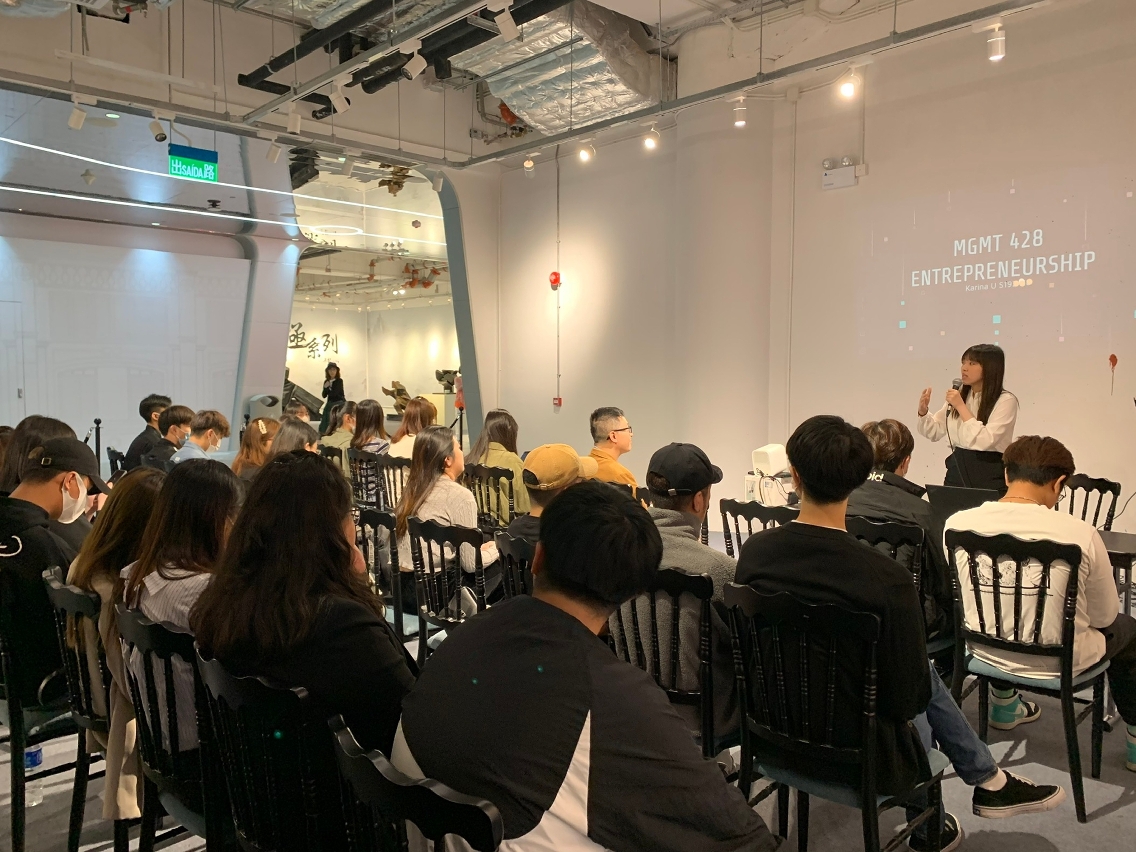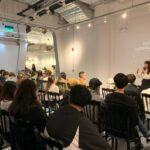 IFTM students developing innovative smart tourism concepts for Sustaincia
IFTM students developing innovative smart tourism concepts for Sustaincia
IFTM strives to design courses that are both theoretically sound and extremely hands-on not only to enrich their professional knowledge and learning experience, but also contribute to the development of local enterprises and entrepreneurs.
Recently, IFTM students developed an innovative smart tourism concept for Sustaincia, a Macao-based consortium of high-tech enterprises under the guidance of their mentor, Dr. Fernando Lourenço. At the beginning of the project, the students identified and learned about existing applications of smart tourism technologies across the world in order to develop an awareness of the industry's present level of application. The students studied various scientific papers on smart tourism technology to gain an in-depth understanding of the field and to identify valuable researches on the behavioral and attitudinal responses of consumers and tourists to the use of smart tourism technology. Furthermore, the students conducted interviews with nearly 100 tourists to gain a better understanding of the tourist perception of smart tourism technologies. The results of the data revealed that attitudes towards smart tourism technology are generally positive. It is perceived to bring convenience, provide a higher quality of service and experience, create efficiency in the operations, and an innovative trend that is growing in the industry.
Through the process, the students were guided to develop various smart tourism concepts for Sustaincia. The research and concepts were demonstrated at the Lisboeta Hotel's H853 Fun Factory, with representatives from Sustaincia. According to the co-founder of Sustaincia, Mr. Terence Lee, there are numerous novel and useful solutions worth following up in the future.


